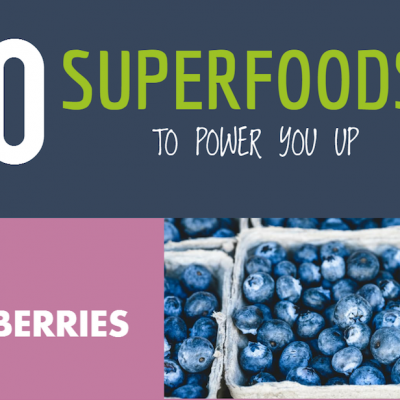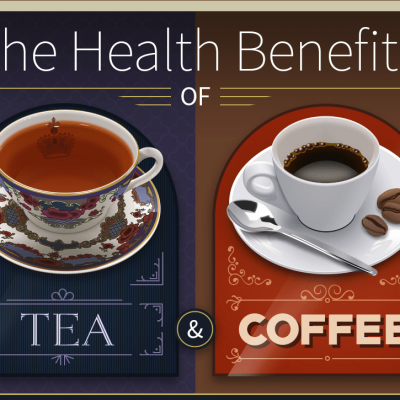Organically grown food products are riding high in demand and popularity. The fundamental reason for this is that people have become aware of their benefits. Most people believe that organic produce is better for one’s health than conventionally grown food.
However, many people don’t know the true meaning of the word “organic.” Some take it to mean pesticide-free, natural, and local. Others believe it to mean certified to the utmost degree. Today, we’ll try to demystify and clarify certain concepts about organic food.
(Infographic) Organic Food Statistics About the 2020 Market (Infographic)

What is Organic Food?
The term “organic” refers to the way agricultural products are processed and grown. Not all countries have organic agriculture regulations in place, and for those that do, laws vary widely across different countries.
In the US, organic crops must be grown naturally and without the use of pesticides, fertilizers, or other potentially hazardous chemicals or animal by-products.
Livestock Requirements
Organic ranchers and farmers must accommodate the natural behavior of their livestock and meet health and wellness requirements if they wish to market their products as organic. Animals raised on organic farms must be given access to the outdoors and fed organic feed.
Furthermore, livestock must be grown without being given hormones, antibiotics, or other animal by-products.
Different Organic Labels
To fully understand the concept of organic food, you must learn the different organic label tiers. The presence of organic labels on food products is not meant to indicate higher health or nutritional value. These labels are established to provide clarity, understanding, and guidelines for manufacturers and customers alike.
Basically, there are three main categories or tiers of organic labeling. The title “100 organic” is applied to products that have been grown and processed using FDA-approved methods and ingredients.
The “organic” label refers to the products in which 90% of its components are organic. “Made of organic” means that 70% of the ingredients used must be organic. When using this label, manufacturers must specify the exact certified organic ingredients.
Health Benefits of Organic Food
Organic products reduce public health risks to farmers, their families, and consumers by minimizing their exposure to persistent and toxic materials on the farm and in food, the water they drink, the air they breathe, and the soil in which they work and play.
A report put together by the Environment Working Group with supporting data from the FDA indicates that conventionally processed and grown food may contain up to 2,000 chemicals in it. Some of these chemicals can contribute to a variety of chronic diseases, including kidney stones, brain damage, gout, hormone disruption, inflammation, and even cancer.
On the other hand, a French study that followed 70,000 adults over five years revealed that eating organic food reduces the risk of cancer by 25%. This clearly shows that organic food is healthier than conventional food.
So Why Don’t More People Eat Organic?
One of the leading reasons why so many people avoid buying organic products is because they are more expensive than conventional options. In 2018, the cost of both organic food and beverages cost an average of $0.24 (7.5%) more per unit than traditional food. This is a drop from 2014, when organic foods were $0.27 (9%) more expensive.
So, the price gap between organic and non-organic food is slowly narrowing, but many people still find these products too costly.
Furthermore, not everyone believes that organic food is more beneficial health-wise than its non-organic counterparts. For example, 63% of French consumers would like to see more proof showing that organic food is indeed better than conventional food. Around 50% of Italian consumers don’t see much of a difference between traditional and organic food quality.
Conclusion
Organic agriculture is on a rising trajectory of robust and profitable growth. And even if we are to neglect the obvious benefits of eating organic, the environmental advantages of organic agriculture make the practice well worth supporting.






































